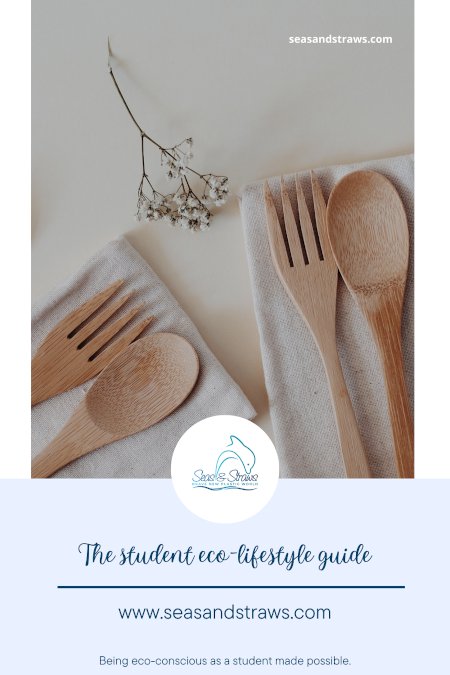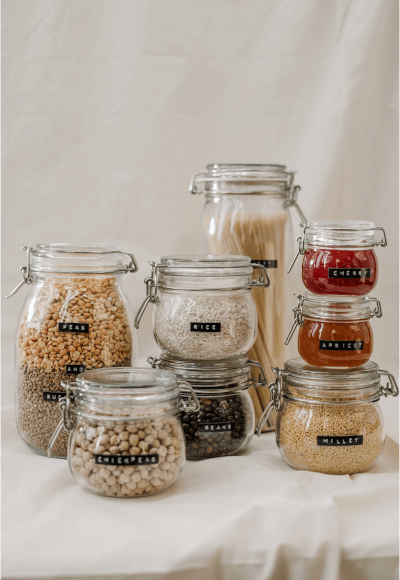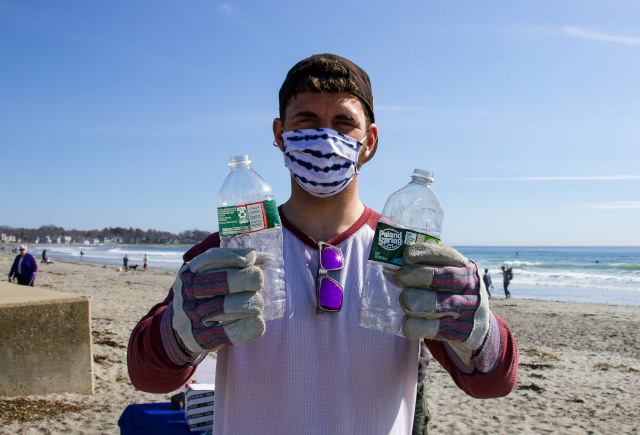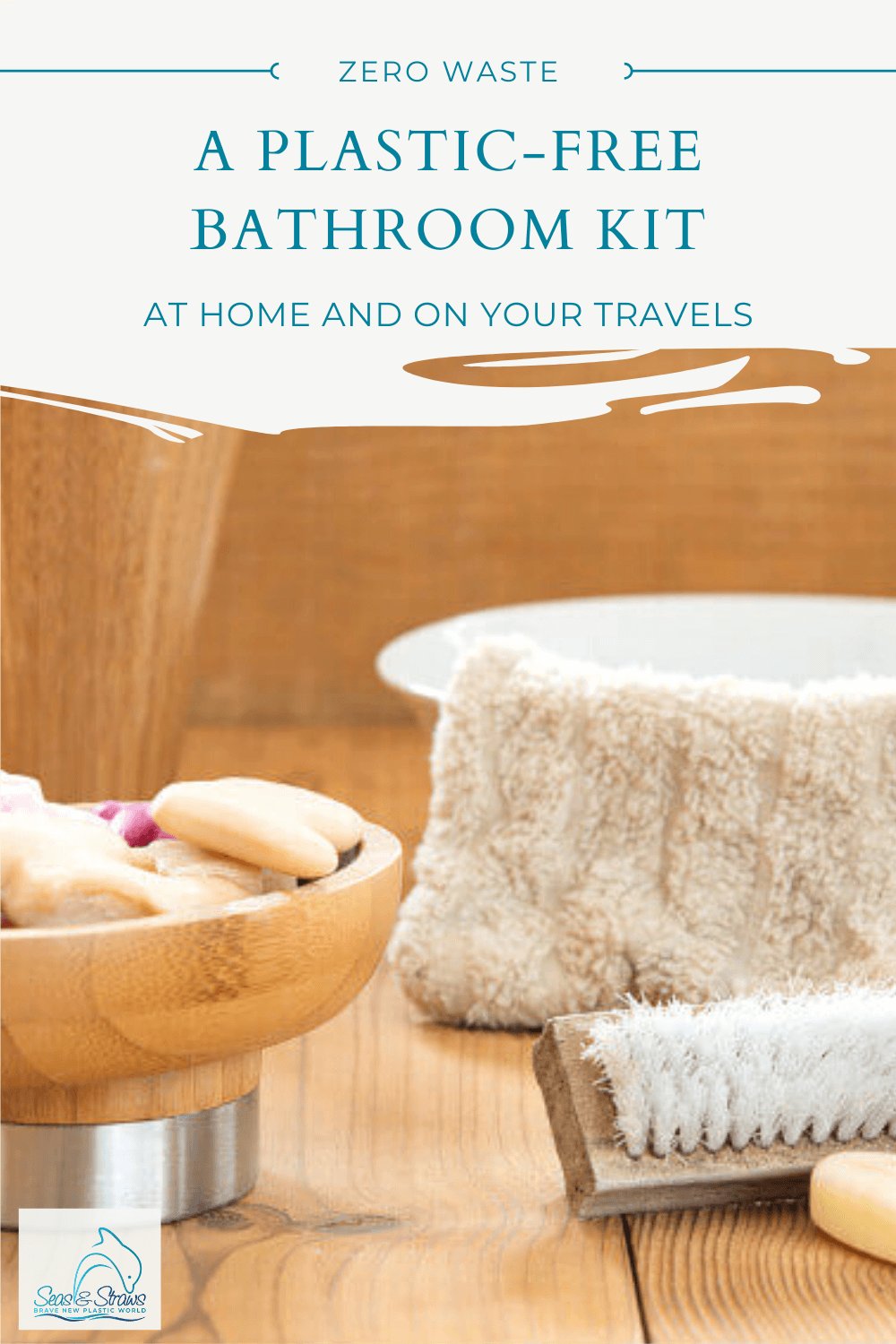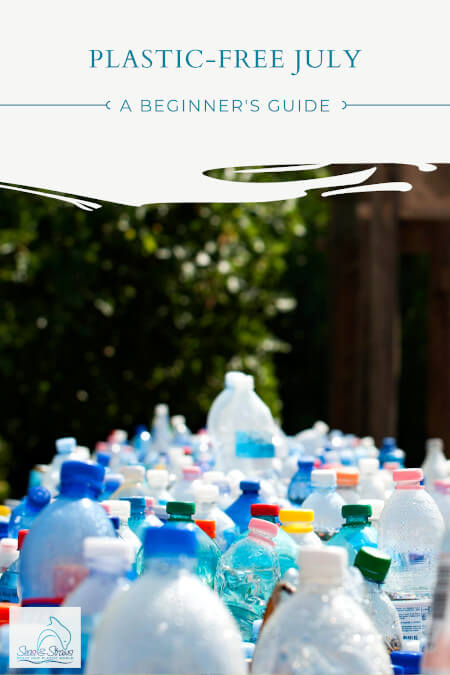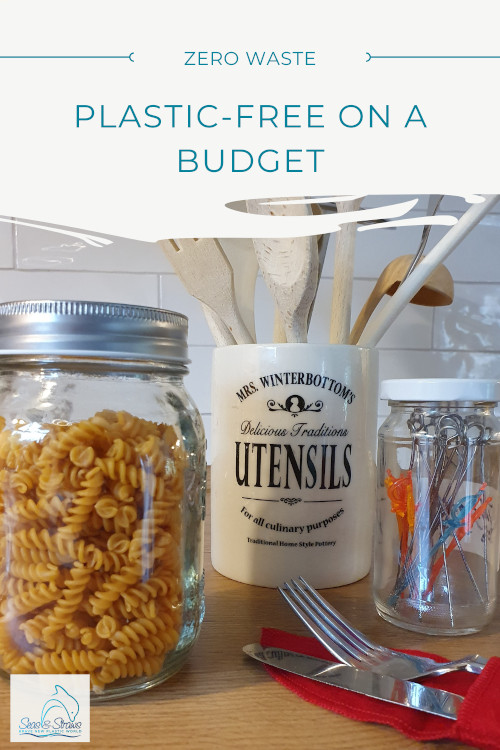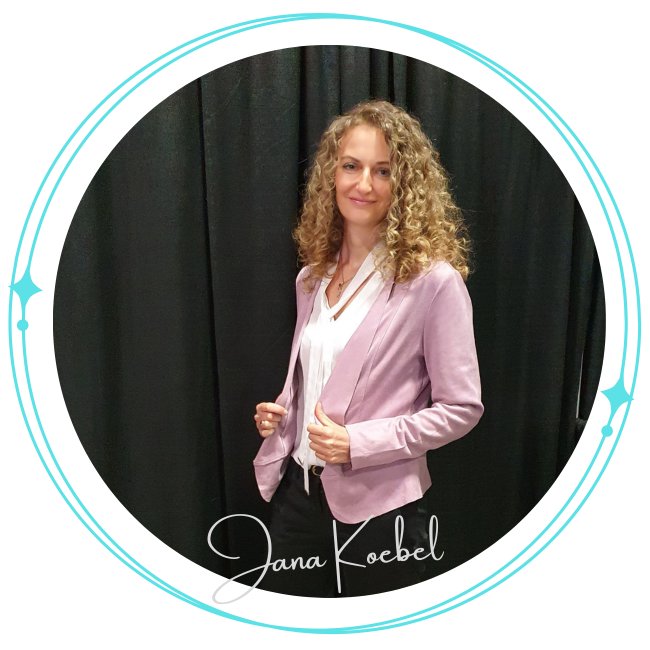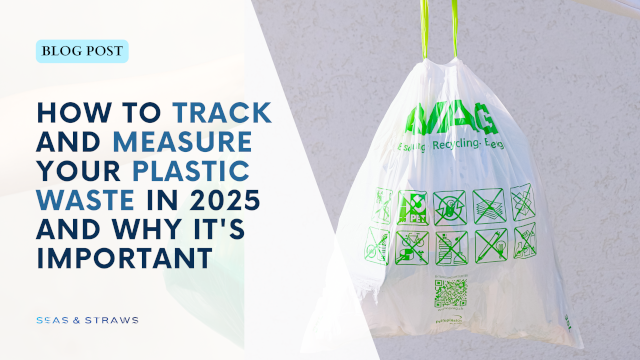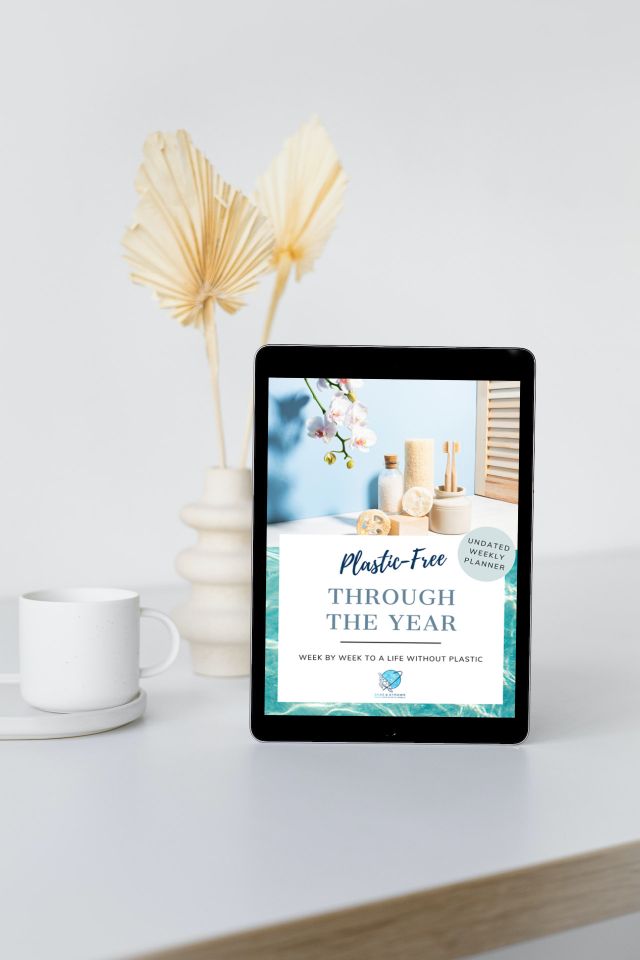- Home
- Plastic-Free Home
- On A Budget
- Eco-friendly Student
The Eco-friendly Student Lifestyle
Becoming an eco-friendly student means changing how you consume - from your food and clothes to even your electronics and hobbies. Unfortunately, this doesn’t always come cheap so this change can be very costly to college students operating on an already thin budget. But, that doesn’t mean you give up, right? Here are some very simple and low-budget ways to boost your efforts toward living a zero-waste, eco-friendly lifestyle whilst in college.
The Eco-Friendly Student Goes Thrifting
The first stop on this trip is your wardrobe! Fast fashion has become increasingly popular in the last few years - and it’s not a good thing. Fast fashion brands like SHEIN (I know you’ve got a couple of their clothes) churn out thousands of clothes without giving enough time for people to truly buy them all and wear them all. Not only that, many of these clothes are made from non-durable, petroleum-based plastics like polyester, nylon, acrylic, and polyamide. The result? Apart from the gigantic microfiber problem, huge amounts of non-biodegradable clothes are being dumped in landfills all across the land and in our oceans.
Next time you need more clothes, skip the fast fashion, visit your local thrift store and give clothes a longer lifespan. Not only will you save money, but you’ll most likely get durable clothes that’ll last you a long time. Look for natural fibers like cotton or linen. If you're lucky, you might even find t-shirts made from bamboo or hemp, two of the most sustainable plants on earth. By going for recycled clothes, you also help create awareness for brands to switch from making clothes that don’t even last a year to something more sustainable.
Reduce, Reuse, Recycle
Sometimes becoming an eco-friendly student isn’t buying the next sustainable trend (although those help). Analyzing your consumption habits and seeing what you can Reduce, Reuse or Recycle may already make a huge impact.
It’s a pretty simple process. Start by looking at all the things you buy, consume and throw away.
Which of these things can you do without (for example, do you really need straws?)?
How much plastic are you generating and what can you swap these things with (for example, switching to a refillable, stainless steel water bottle will save you hundreds of dollars every year)?
Which of these things can you repurpose instead of throwing out (for example, repurpose used jam and honey jars and use them to store rice, noodles, sugar, nuts, or even face cream and toothpaste)?
These are some basic questions to get you started. From there, you create a simple schedule to guide the changes you’re making.
You can also simplify this process with my year-long weekly planner guiding you to live plastic-free.
Find like-minded eco-friendly students
Living an eco-friendly lifestyle isn't easy, especially as a student. It can be pretty daunting to do this alone (not to mention very discouraging when people reject your suggestions). Luckily campuses are always teeming with activities and environmental clubs. Joining one of these is a great way to get involved in the community.
Meeting people with a similar mindset makes it easier to stay on course, and you can all combine your ideas and resources to create eco projects to make your campuses greener. From creating recycling programs to drumming up awareness amongst students, there’s so much you can do together!
Keep Saving!
Being a college student means that you’re already trying your best to reduce your expenses. Walking instead of ordering an Uber, cooking instead of ordering food, and taking lecture notes on your phone/laptop instead of buying notebooks are just a few things that help save money. There's so much more that you can do to become an eco-warrior while saving money. For more inspiration, have a look at my blog post Plastic-Free On A Budget.
And keep it up!
